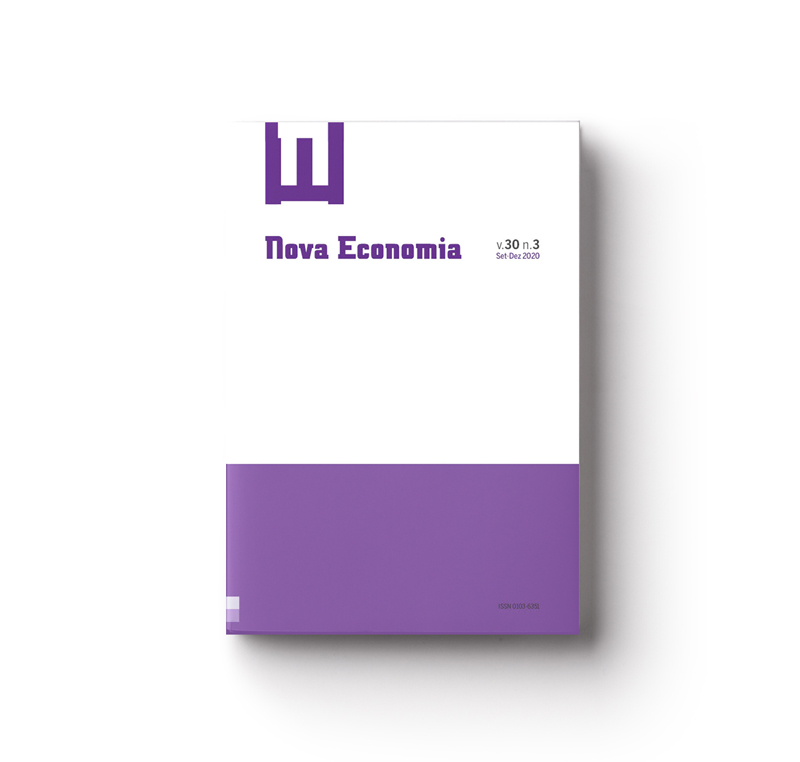Analysis and impact of BNDES FINAME’s accredited companies, financed products and supply chain
Abstract
BNDES FINAME is one of the most traditional public policies for the Brazilian capital goods industry. It provides special financial conditions for acquisition and production of capital goods that meet certain local content requirements. This paper gathers information from the companies accredited for BNDES in order to have their products supported on FINAME, including these products and their supply chain. The database includes 23.145 products from 3.695 capital goods companies and 30.000 companies from the supply chain. The main goal is to merge those information with BNDES financing data from 2016, 2017 and 2018, and also the Brazilian input-output matrix in order to estimate the direct and indirect impact on both production and employment. Estimates showed that each R$1 financed added, on average, another R$0,70 in direct and indirect production. In addition, each R$1 million financed helped on the maintenance of 4 jobs.
Downloads
Published
How to Cite
Issue
Section
License
Copyright (c) 2021 Thiago Miguez

This work is licensed under a Creative Commons Attribution 4.0 International License.
Authors who publish with this journal agree to the following terms:
- Authors retain copyright and grant the journal right of first publication with the work simultaneously licensed under a Creative Commons Attribution 4.0 International License that allows others to share the work with an acknowledgement of the work's authorship and initial publication in this journal.
- Authors are able to enter into separate, additional contractual arrangements for the non-exclusive distribution of the journal's published version of the work (e.g., post it to an institutional repository or publish it in a book), with an acknowledgement of its initial publication in this journal.
- Authors are permitted and encouraged to post their work online (e.g., in institutional repositories or on their website) prior to and during the submission process, as it can lead to productive exchanges, as well as earlier and greater citation of published work (See The Effect of Open Access).




